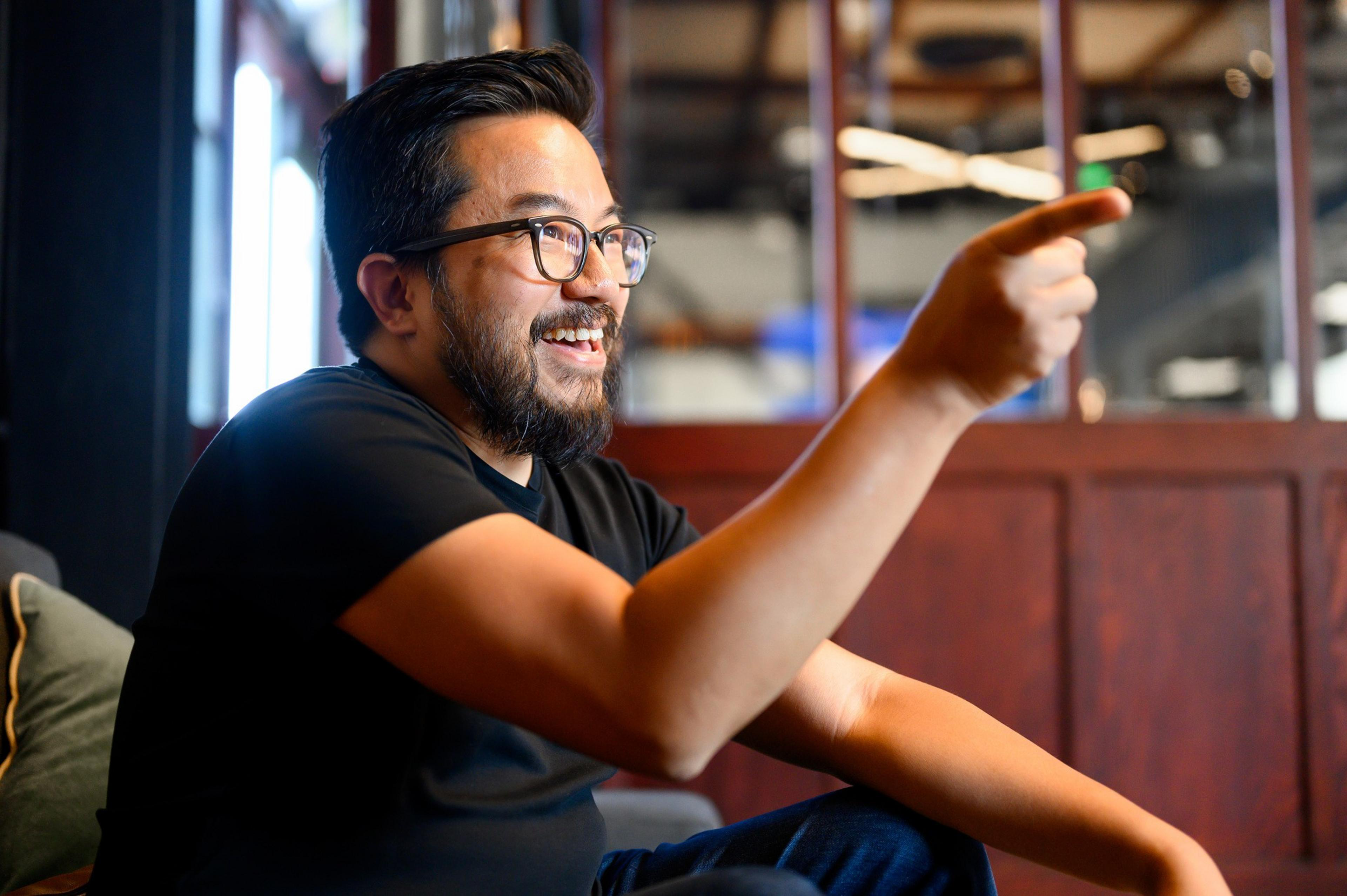No ballots were cast last week in San Francisco, but that didn’t stop some of the city’s most influential political players from gathering for an election party in the Mission.
That may sound a bit unusual, but in many ways, this was not a normal party.
The gathering—held Tuesday at a condo owned by Garry Tan, the vociferous CEO of tech startup incubator Y Combinator—was designed to celebrate victories scored by moderate Democrats in 2022, as well as bring together an eclectic cast of elected officials and political organizers in a rallying cry for two elections in 2024.
According to several people who attended the party, a dramatic shift is underway in how local political organizations and their campaign committees are aligning to defeat progressives and confront a range of issues next year—from passing ballot measures and winning supervisor races to unseating incumbent judges. A leader of one of these political groups estimated they could spend as much as $15 million combined in next year’s elections.
Tan’s role in throwing the shindig carried far greater significance than simply serving as a good host. The centimillionaire appears to be completing his metamorphosis from a deep-pocketed political donor and attack dog on X (formerly Twitter) to becoming a major political player IRL, where his ability to convene disparate actors could be critical to achieving an ambitious political agenda.
“The meeting at my place in the Mission is part of the evolution of a new San Francisco that is turning the page on the failed leftist politics of the past,” Tan told The Standard in a statement. “This was an opportunity to meet and think out loud about the San Francisco we want to see.”
Dim sum and dumplings were served as Krista Nakamura (opens in new tab), a private chef who was recently featured on the reality show Chef Dynasty: House of Fang (opens in new tab), catered the event. Speakers included District Attorney Brooke Jenkins, who was billed as a “secret very special guest,” as well as supervisor candidates Marjan Philhour and Trevor Chandler. Members of at least five moderate political organizations—Abundant SF, GrowSF, TogetherSF Action, Stop Crime SF and Neighbors for a Better San Francisco—were also present.

These groups have always been loosely associated due to their moderate agendas and, in some cases, seed funding, but it appears they are now planning to strategically leverage their individual pots of money and thousands of members to systematically reshape San Francisco’s political priorities on multiple fronts.
Abundant SF’s top priorities are advocating for the creation of public spaces and taking a YIMBY stance on housing while GrowSF emphasizes public safety and is conducting quarterly polling while seeking to boot progressive Supervisors Dean Preston and Connie Chan. TogetherSF Action has prioritized the drug crisis and intends to hold hundreds of small events between now and next November to distribute its voter guide. Meanwhile, a political committee for the Neighbors group essentially led last year’s successful recall of District Attorney Chesa Boudin.
“We’re all trying to respond to similar problems but have different takes on what the solutions are,” said Kanishka Cheng, the head of TogetherSF Action. “I think people like Garry and others in leadership roles are doing their best to present this as a coalition of organizations that are working together to solve these problems.”
Todd David, a political director for Abundant SF who attended the party, said the groups seem to be aligned on almost everything outside of possibly the mayor’s race. Abundant SF is backing the reelection of Mayor London Breed but does not plan to spend money on the race.
“There is more collaboration happening today than I have seen in the last 15 years in San Francisco politics,” David said. “If we fail, it will be our collective fault.”
Candidates for elected office are not allowed to coordinate with independent expenditure committees, which are not bound by campaign fundraising and spending restrictions. But the state’s Fair Political Practices Commission has no rules against different committees working in partnership.
Steven Buss, a co-founder of GrowSF, whose board includes Tan, said the collaboration by different political groups is unlike anything he’s seen since becoming politically active in 2016.
“We don’t all agree on everything, but that’s the beauty of this coalition: no purity tests,” Buss said. “We are just focusing on getting the basics, like clean streets, safe streets, building homeless shelters, building housing and helping small businesses. Garry is a great cheerleader for commonsense causes.”

Jim Stearns, a longtime political consultant in San Francisco who works on competing progressive campaigns, called the gathering at Tan’s condo “extremely dicey” as it gives off the appearance that candidates are improperly coordinating with political committees.
“I’ve always considered this to be a hostile attempt to take over San Francisco, and I think the veil is off,” Stearns said. “They’ve stopped pretending to be community-based organizations started by private citizens. They’re multimillionaire tech investors whose goal is to disrupt fragile systems in San Francisco.”
Common ground can occasionally be found between Tan’s coalition and progressives, as Stearns is working on an affordable housing bond measure with political consultant Maggie Muir, who is in charge of Breed’s reelection campaign. But in almost all other respects, a clear ideological line divides the two sides within the local Democratic Party.
Tan suggested last week’s gathering was the first of many events to come as he seeks to draw attention to the “failures of ‘progressive’ politics and politicians.”
He added, “We are working to create a new vision for San Francisco.”
